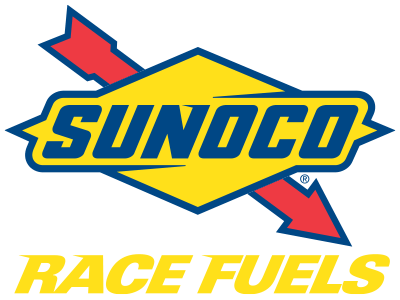What Should You Know About Adding Additives?
Why buy race gas when you can mix up your own high-octane fuel with an additive? These potions, auto parts store staples since the dawn of time, promise higher octane ratings, along with a thinner waist and whiter teeth. How can you lose? Well, not all additives are created equal–and the same can be said for street fuels mixed with said additives.
Octane Point: An octane point equals one-tenth of an octane number. When an additive promises to boost your fuel by “up to 10 octane points,” it means raising the octane from, say, 92 to 93–if you’re lucky.
Meet MMT: Many over-the-counter fuel additives contain MMT, short for methylcyclopentadienyl manganese tricarbonyl, which is very effective at raising octane. “We have done testing on fuel additives that contain MMT and they do raise the octane,” says Zachary J. Santner, senior specialist of quality at Sunoco. But, he adds, there are a few caveats.
You Get What You Pay For: Octane additives without MMT aren’t nearly as effective as additives with MMT. The lower-cost additives contain much less of the ingredient–or maybe even none of it. There’s a big difference between an $8 “octane booster” and a $35 can of “race fuel concentrate.” The safety data sheets will reveal exactly what’s inside the bottle.
MMT Caveats: Sunlight is MMT’s enemy, Santner continues. Sunlight will oxidize MMT, turning it brown and destroying its octane-boosting effect. MMT, in larger doses, will also leave orange deposits in the combustion chamber. “Using high-MMT fuel in an everyday vehicle can cause less miles between spark plug fouling,” he adds.
Strong Foundation: When mixing up your own “race fuel,” you’re still limited by the base product–the pump gas that’s engineered to be used right away while meeting a price point. Unlike street gas, however, race fuels aren’t constantly reblended depending on the season. Plus, when properly stored, they can last at least a year or two.
Cleaner, Too: “Race fuels are also much cleaner than pump gas and even aviation gas,” Santner notes. “Race fuel will keep carburetors and injectors clean, unlike pump gas where varnish and gum will build up over time.”



